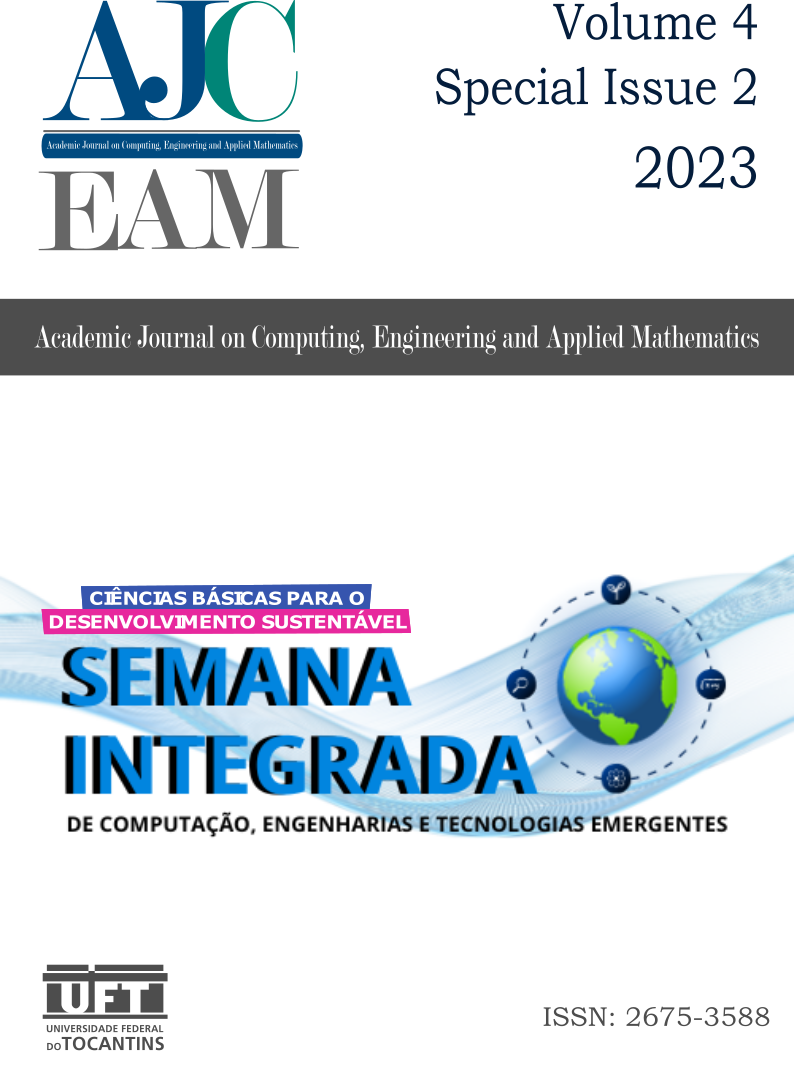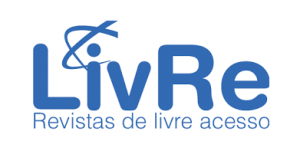Work in progress: analysis and evaluation of the impact of the code approximation for IoT applications
DOI:
https://doi.org/10.20873/uft.2675-3588.2023.v4n2.p17-20Palavras-chave:
Approximate Computing, Energy Efficiency, Internet of Things, Software ApproximationsResumo
Due to the need to improve resource management for computer systems in many levels and applications (mainly for embedded systems and energy consumption), how can we enhance the energy efficiency of computational methods? One approach is through approximate computing, which intentionally introduces controlled errors to save resources such as energy, area, or time. This research aims to empirically measure the impact of introducing approximations in an embedded system by conducting a controlled experiment. To focus on evaluating the impact of the approximations themselves rather than the best methods of implementing them, the approximations will be manually incorporated into the code. The benchmark chosen for evaluation is MiBench due to its widespread usage. All the codes can be recompiled to run on the MIPS architecture of the NodeMCU-ESP8266. A second NodeMCU-ESP8266 will be utilized, connected in series to measure the actual power consumption of the first board. The analysis of results will involve hypothesis tests, where the experiment hypotheses will be statistically evaluated at a specific significance level. By directly comparing variations and experiment data, the proposal's validity will be effectively demonstrated. Since this paper is a work in progress, we will explain the experiment planned to be run.
Downloads
Publicado
Como Citar
Licença
Copyright (c) 2023 David Medeiros Cruz, Tiago Almeida

Este trabalho está licenciado sob uma licença Creative Commons Attribution-NonCommercial 4.0 International License.
Autores que publicam neste periódico concordam com os seguintes termos:
- Autores mantém os direitos autorais e concedem ao periódico o direito de primeira publicação, com o trabalho simultaneamente licenciado sob a Creative Commons Attribution License (CC BY-NC 4.0), permitindo o compartilhamento do trabalho com reconhecimento da autoria do trabalho e publicação inicial neste periódico;
- Autores têm autorização para assumir contratos adicionais separadamente, para distribuição não-exclusiva da versão do trabalho publicada neste periódico (ex.: publicar em repositório institucional ou como capítulo de livro), com reconhecimento de autoria e publicação inicial neste periódico;
- Autores têm permissão e são estimulados a publicar e distribuir seu trabalho online (ex.: em repositórios institucionais ou na sua página pessoal) a qualquer ponto posterior ao processo editorial;
- Além disso, o AUTOR é informado e consente com o periódico que, portanto, seu artigo pode ser incorporado pela Academic Journal on Computing, Engineering and Applied Mathematics em bases e sistemas de informação científica existentes (indexadores e bancos de dados atuais) ou a existir no futuro (indexadores e bancos de dados futuros), nas condições definidas por este último em todos os momentos, que envolverá, pelo menos, a possibilidade de que os titulares desses bancos de dados possam executar as seguintes ações sobre o artigo:
- Reproduzir, transmitir e distribuir o artigo, no todo ou em parte sob qualquer forma ou meio de transmissão eletrônica existente ou desenvolvida no futuro, incluindo a transmissão eletrônica para fins de pesquisa, visualização e impressão;
- Reproduzir e distribuir, no todo ou em parte, o artigo na impressão;
- Traduzir certas partes do artigo;
- Extrair figuras, tabelas, ilustrações e outros objetos gráficos e capturar metadados, legendas e artigo relacionado para fins de pesquisa, visualização e impressão;
- Transmissão, distribuição e reprodução por agentes ou autorizada pelos proprietários de distribuidoras de bases de dados;
- A preparação de citações bibliográficas, sumários e índices e referências de captura relacionados de partes selecionadas do artigo;
- Digitalizar e / ou armazenar imagens e texto de artigo eletrônico.



